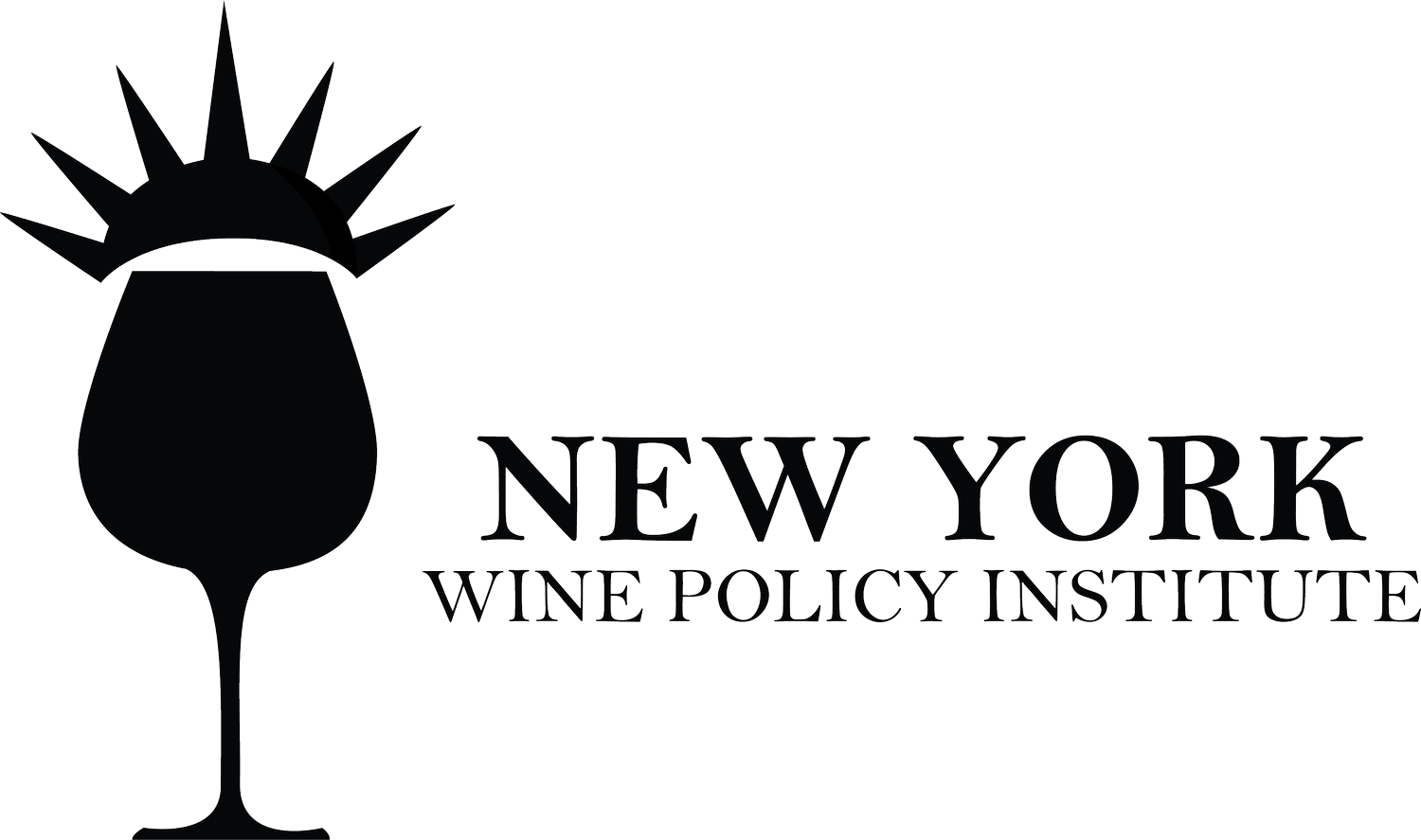Current Issues
Extended Producer Responsibility and Bottle Deposit Program Update
The New York Wine Policy Institute has been monitoring the development of proposed Extended Producer Responsibility (EPR) and bottle deposit expansion legislation for New York from the beginning of deliberations in the Senate and Assembly. We have submitted comments on behalf of the wine industry throughout the process (see below), and have been pleased that some key changes have been made in response to our requests. Notably, we welcomed the exclusion of craft beverage producers from redemption obligations in the latest version of the “Bigger, Better, Bottle Bill” (S264B), and applauded the significant increase in the gross revenue exemption from the proposed EPR law to $5 million . As we look towards the end of the 2024 legislative session it might be useful to consider these two options and their potential impact on New York wineries. This article, entitled “Current Wine Bottle Recycling Proposals: Where are we headed?” provides some perspective.
Extended Producer Responsibility
Extended Producer Responsibility (EPR) programs shift the financial and/or operational obligations for recycling to the private sector as a means to incentivize recyclable materials while discouraging the use of non- or difficult-to-recycle packaging.
New York has been considering its own EPR legislation and because of the potential financial and physical burdens for the state’s wine industry, NYWPI has closely monitored legislative developments. In late 2001, we prepared a Discussion Note that critiqued early drafts of a New York State EPR bill. When Governor Hochul included EPR provisions in her 2022 budget proposals , we outlined our continuing concerns. And late in the 2022 legislative session, when Assemblyman Steve Englebright issued a new version of his EPR bill that addressed some of our problems, we sent a letter that acknowledged the improvements and offered to work with legislators on a program wineries and other small businesses could eventually support.
We fully expect that this issue will be revisited in the 2023 legislative session so NYWPI will continue to respond with comments from the perspective of New York’s wineries.
The “Bigger Better Bottle Bill”
At the same time legislators were considering possible EPR bills, there were also new proposals during the last session to expand New York’s container deposit program to include wine and spirits bottles. New York’s wineries have always opposed inclusion in the deposit program because of the physical and administrative burdens placed on small production operations . NYWPI continued to opposed the latest version of the 2022 bottle bill which mandated that all “deposit initiators” such as wineries serve as redemption centers. Moreover, because packaging covered under state deposit laws is excluded from EPR programs, wineries would not have the option of participating in EPR even if it turns out to be far more cost advantageous. NYWPI is thus urging that a full needs assessment of EPR take place before expanding the state’s bottle deposit program.
Spotted Lanternfly
The Spotted Lanternfly (SLF) has been found across New York State. Among the 70 different plants threatened by SLF, infestations in vineyards are especially devastating. There are a number of programs underway to monitor the spread and intensity of SLF infestations. Beginning in October 2018, New York enacted an external quarantine covering certain counties in Delaware, Maryland, New Jersey, Pennsylvania, and Virginia. Cornell’s Integrated Pest Management Program is also actively involved in monitoring and controlling the problem, and serving as an essential source of information. In August, Senator Schumer announced that he would be pushing the USDA to use federal funds from an account with over $200 million dollars to contain the SLF, and said he would support another $22 million in the upcoming fed budget to deal with invasives like the SLF. NYWPI strongly supports proposals for increased funding to address the spread of Spotted Lanternfly.
